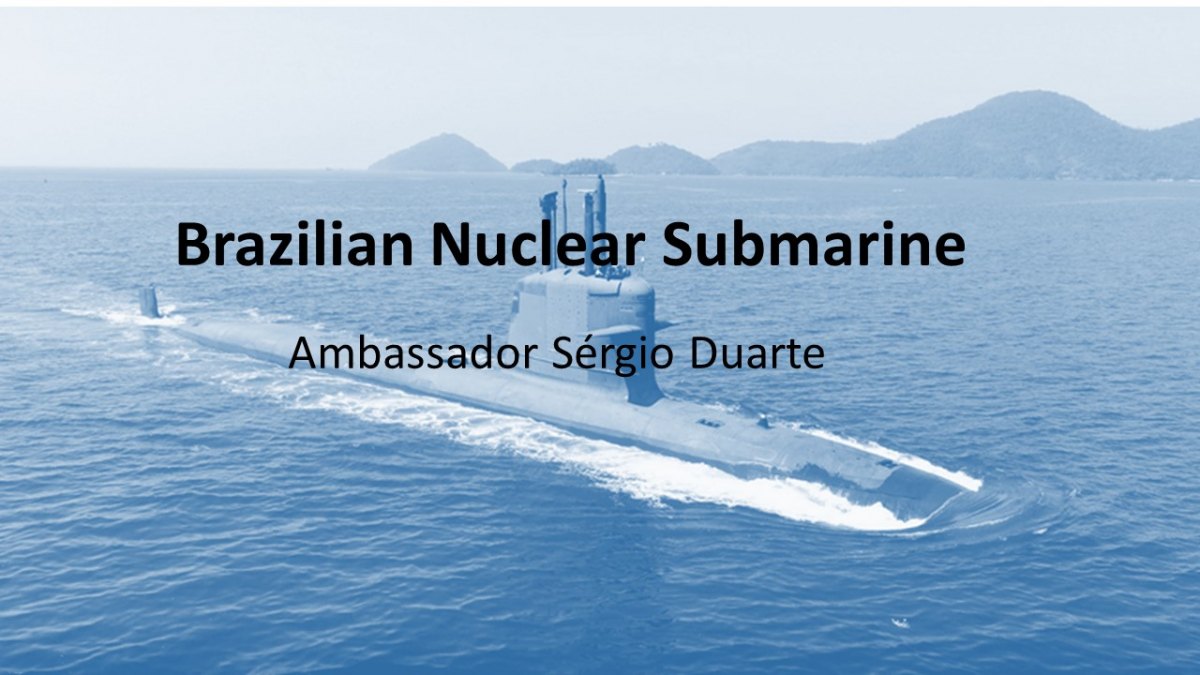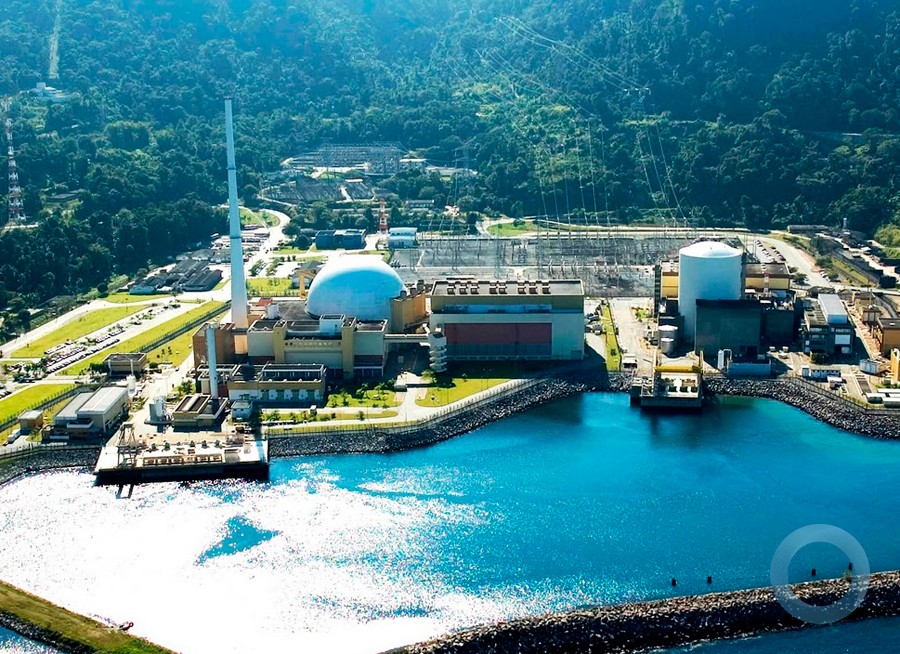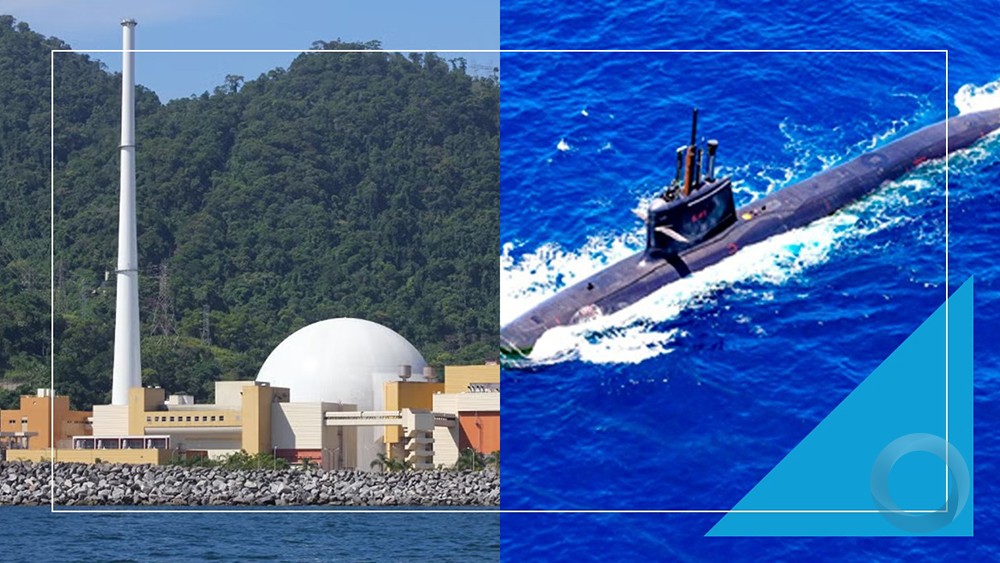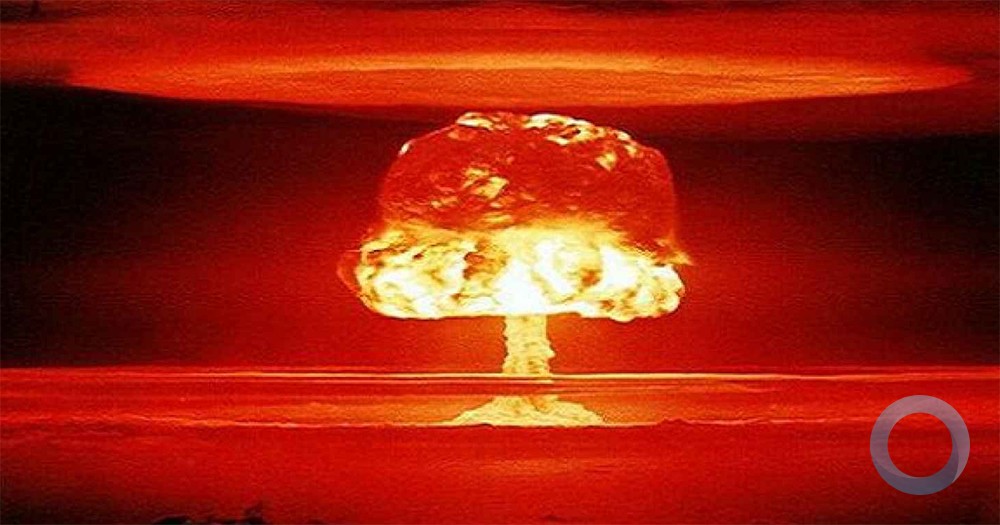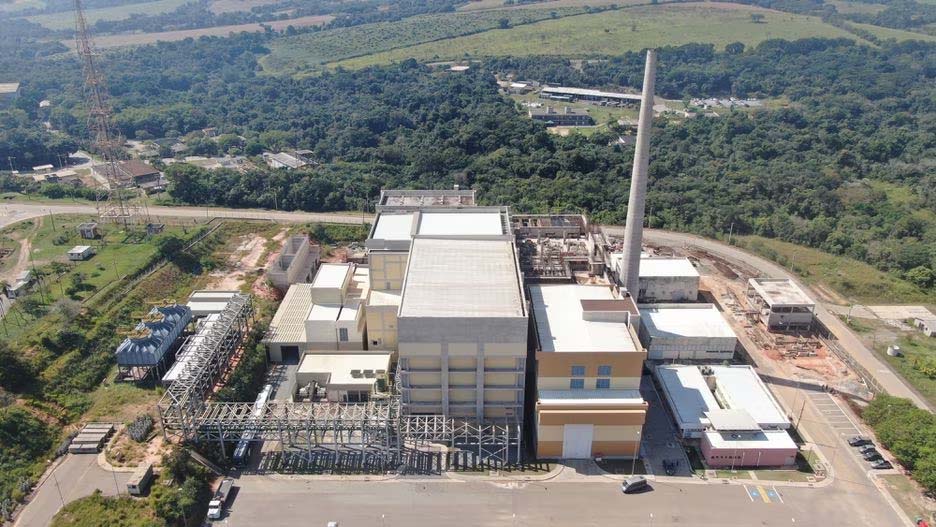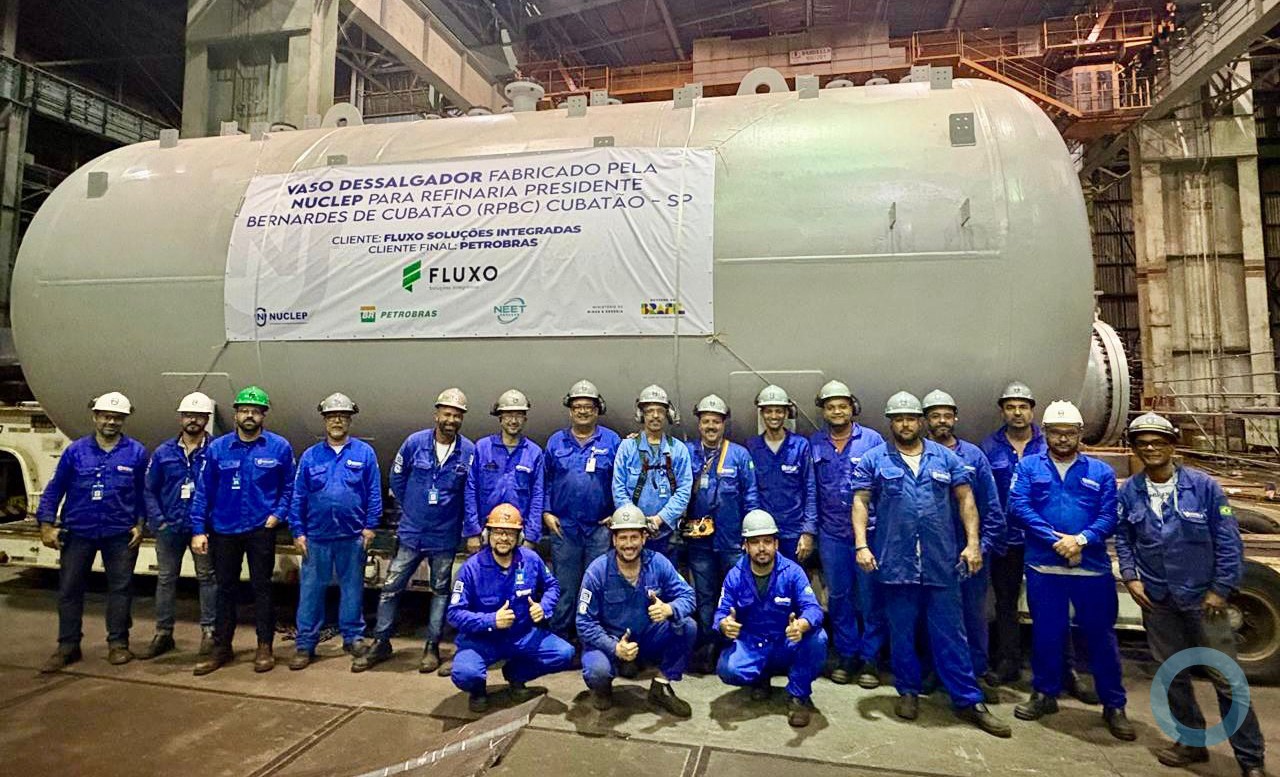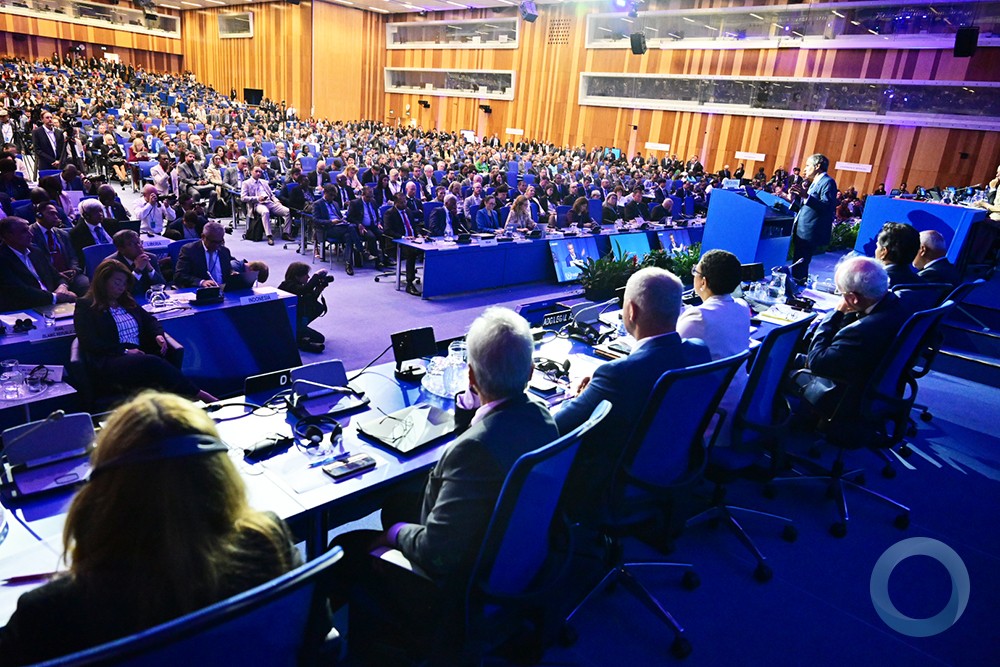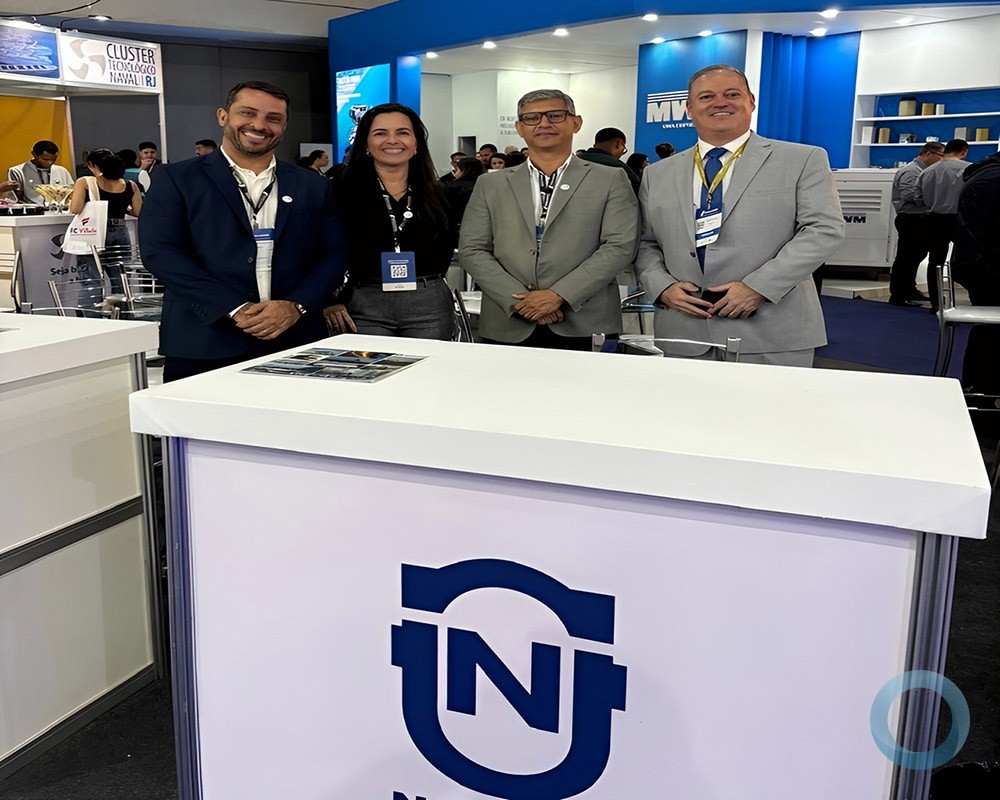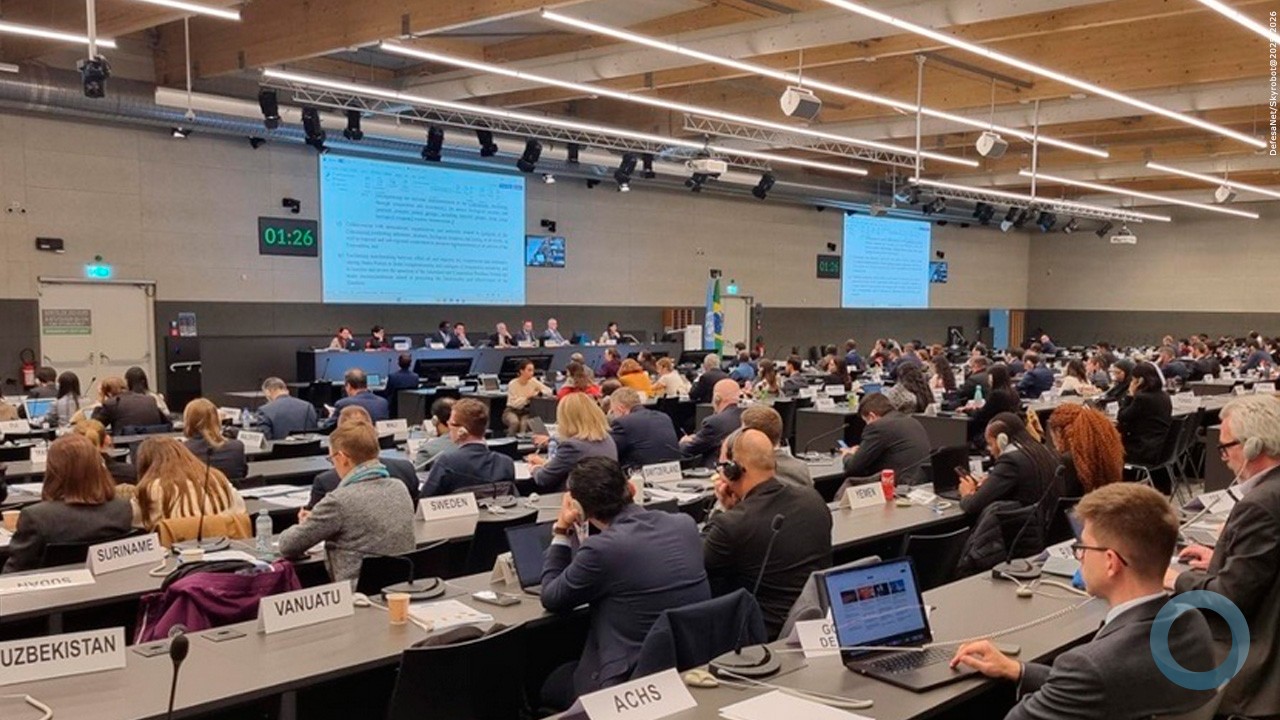|
Note DefesaNet For text in Portuguese with the same content: Embaixador Sergio Duarte – Submarino Nuclear Brasileiro The Editor |
BRAZILIAN NUCLEAR SUBMARINE
SERGIO DUARTE
Embaixador. Presidente das Conferências Pugwash
sobre Ciência e Assuntos Mundiais. Ex-Alto
Representante das Nações Unidas para
Assuntos de Disarmamento.
Last July 8 the Director-general of the International Atomic Energy Agency (IAEA), Rafael Grossi, informed the Board of Governors that Brazil had decided to start consultations on the special safeguards procedures to be applied to the nuclear materials that will be used in the country’s first nuclar-powered submarine.
This issue had already been the subject of preliminary contacts between the Brazilian government, the Brazilian-Argentine Agency for Accounting and Control of nuclear materials (ABACC) and the Secretariat of the IAEA, in accordance with the Quadripartite Agreement between Brazil, Argentina, ABACC and the IAEA. Upon making the announcement, the Director-general praised the Brazilian decision to work together with the Agency on this project.
Brazil is a member of the IAEA since the creation of this organ in 1957. The Agenc’s statutory objectives are to accelerate and enlarge the contribution of atomic energy to research and development of its practical applications for peaceful ends, besides establishing and administering safeguards to ensure that special fissionable materials are not used in such a way as to further military purposes, and to apply safeguards at the request of the parties to their activities in the field of nuclear energy.
For its part, the Treaty on the Non-proliferation of Nuclear Weapons, of which Brazil is a member, requires states parties not possessing nuclear weapons to celebrate agreements with the IAEA to place under safeguards source or special fissionable material used in their nuclear facilities. The Brazilian nuclear-powered submarine, named “Álvaro Alberto” in honor of the pioneer of the introduction of nuclear industry in the country is currently under construction in the Itaguaí shipyards, in the state of Rio de Janeiro.
The prototype of its nuclear reactor, which will use low enriched uranium (LEU) for fuel is being developed at the Navy facilities in Aramar, in the state of São Paulo with Brazilian technology. Once the whole project is completed, Brazil will be the first state not possessing nuclear weapons to have a submarine powered by atomic energy.
Nuclear-powered submarines have an important advantage over conventional ones that rely on diesel engines to produce electric energy for propulsion because the former are able to remain submerged for much longer periods without the need to refuel. They are also faster and less noisy, making detection more difficult.
|
Note DefesaNet
Brazilian Navy has adopted the classification of "Submarino Convencional com Propulsão Nuclear Brasileiro" (SCPN). In English "Conventional Nuclear Powered Submarine" (CNPS) for Álvaro Álberto Class. Clear definition for nuclear energy only in propulsion. The Editor |
The nuclear sub will be very valuable to Brazil, which has more than seven thousand kilometers of coastline and about 3.6 million km2 of territorial seas and exclusive economic zone, for the patrolling, deterrence and efficient protection of the natural and economic resources in this maritime space. The development and construction of a naval vessel of this kind in the country will also provide new opportunities of technological advancement.
All five recognized nuclear-weapon members of the Treaty on the Non-proliferation of Nuclear Weapons (NPT) – China, United States, France, United Kingdom and Russia – have nuclear powered submarines capable of firing atomic arms. Besides those five, India, which also has atomic weapons but is not a party to the NPT, added to its Navy in 2016 a submarine of this kind able to fire nuclear ballistic missiles armed with nuclear warheads. North Korea withdrew from the NPT in 2003, acquired its own nuclear capability and also intends to build a submarine with similar caracteristics.
Last year, the United States, the United Kingdom and Australia – the latter a non-nuclear member of the NPT – established a partnership known as AUKUS under which Australia will acquire nuclear powered submarines through an agreement for the transfer of the relevant technology. This agreement replaced a previous Australian understanding with France to build conventional, diesel-powered submarines with French technology.
The arrangement with the United States and Britain provoked a strong negative reaction from China because of its alleged effects on the military and strategic balance, as well as concern among Pacific countries that worry about the possibility of proliferation of nuclear weapons in the region. Director-general Grossi informed the Board of Governors that two technical meetings betweeen representatives of the three AUKUS members and the Secretariat of the Agency were already held and others should folllow soon.
There are some similarities but also important diferences between the Brazilian project and the AUKUS partnership. Among the similarities is the very exercise of the option for nuclear naval propulsion by the two non-nuclearly armed states, both with impeccable non-proliferation reputations. It is worthwhile to stress that the Brazilian submarine, just like the Australian one, will be armed with only conventional weapons, since the two countries do not possess nuclear armament. The main diferences lie in the autonomous character of the Brazilian program and in the domestic production of its nuclear components, including the reactor, while Australia will depend on its partners for the transfer of the nuclear materials for its submarines.
Another important difference is the grade of enrichment of the uranium to be used for propulsion: in the Brazilian case it will be low enriched uranium (under 20%), but for Australia it should be around 90%, that is, the same grade needed for nuclear weapons. The features of the Australian submarine project have been contested by China, as indicated above. Beijing considers the transfer of “nuclear weapon material” to Australia from nuclear-armed states such as the United States and the United Kingdom as incompatible with the NPT. Because of its strategic impact and the controversy it generated, the AUKUS partnership has given greater political visibility to the issue of nuclear naval propulsion, an issue that will certainly reverberate at the forthcoming NPT Review Conference, scheduled for next August in New York.
For Brazil, the consultations with the Agency should result in mechanisms that will give practical expression to the specific provisions of the agreements on the matter and particularly to the responsibilities of ABACC. At the same time, they will ensure greater trustworthiness to the activities of research, manufacturing and use of nuclear fuels and represent a step change with regard to the verification of compliance with accepted commitments that will reinforce Brazil´s non-proliferation credentials.





